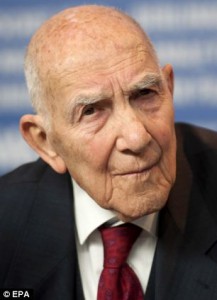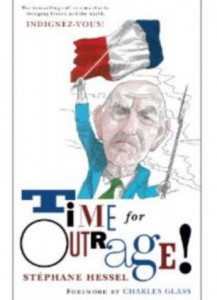
Monedial.com
To answer this question, we need to clarify specifically what is being asked. Almost everywhere you look when searching for the answer to this question, you won't find the answer to what a Bitcoin is, but rather what it does, or otherwise how bitcoins work in conjunction with one another as a system. What most people are asking however when first introduced to Bitcoin, is really what Bitcoin is at its most granular level. Most often, it is this step of the explanation that is missed resulting in a stumpling block to understand how bitcoins work together as a system. So what is a bitcoin? The answer to this question is that, at its most basic fundamental level, an individual bitcoin is simply a computer record. You can think of a bitcoin as a computer file such as a word document, an email, or a photo image. What makes a bitcoin file special, and makes it different from any other files that you might have on your computer, is that once a bitcoin file is created, the original record can always identified within the bitcoin user community.
So why does everywhere else I look say that Bitcoin is a new kind of money?
When you generally attempt to find the answer to what bitcoin is, you often find answers such as “Bitcoin is a decentralized Crypto-currency”, “It's a peer-to-peer virtual money”, or “It's a open-source revolutionary digital comodity.” Rather than identifying what an individual bitcoin is however, such answers are describing how bitcoins are used. These descriptions are not describing what an individual bitcoin is, but rather how the bitcoin network or system is used to create a digital currency. Of course, the purpose for the creation of bitcoins was, in fact, to create such a monetary system, however to properly understand Bitcoin as a system, it is necessary to first understand what bitcoin is at it's most basic level.






